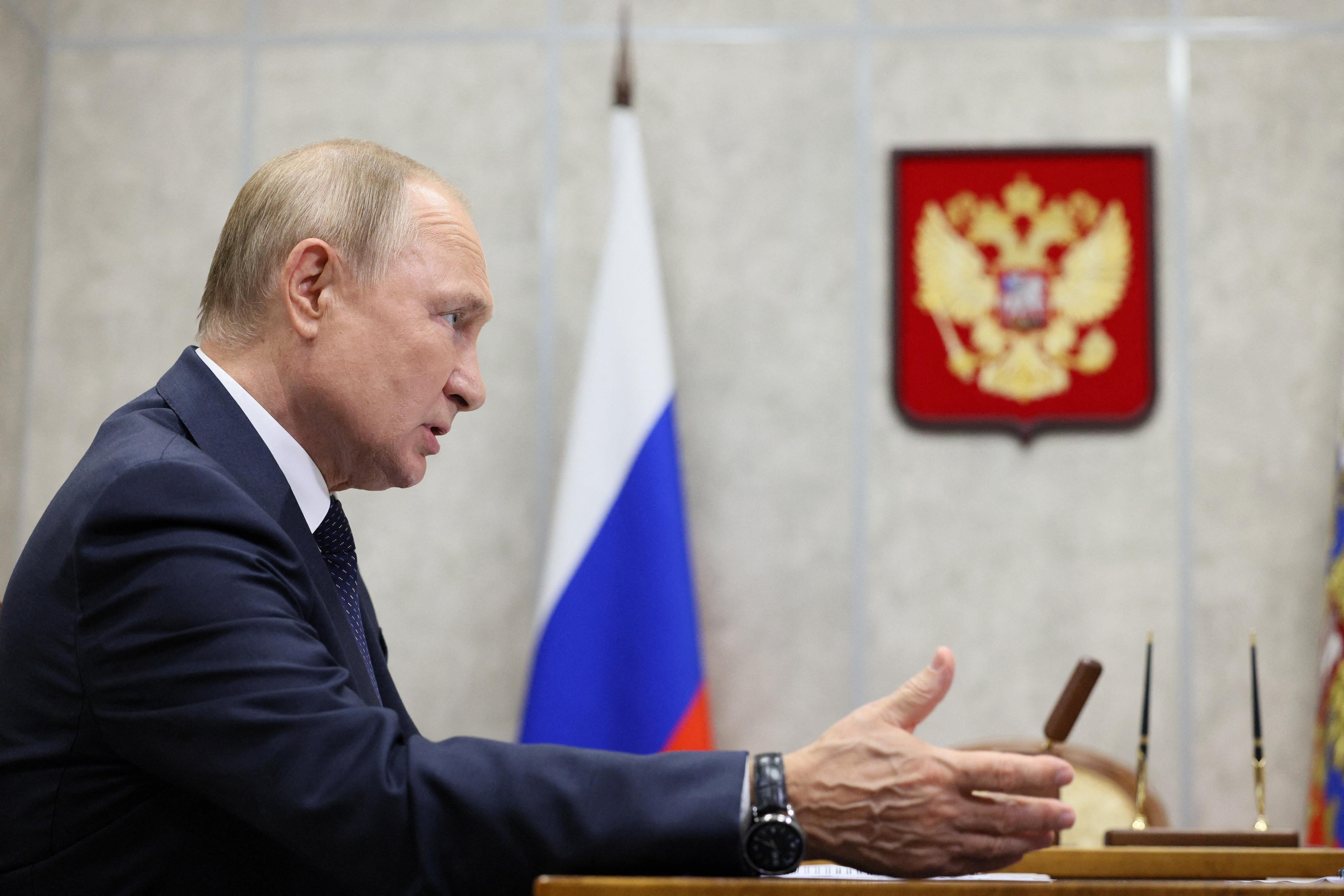It’s been a dramatic week for Russia and Ukraine.
· A Ukrainian counter-offensive continues to make headlines and embarrass the Russian government.
· During a meeting of the Shanghai Cooperation Organization, a Eurasian security club, China’s Xi Jinping and India’s Narendra Modi signaled their growing frustrations with Vladimir Putin’s war.
· The Kremlin, eager to reverse its embarrassing setbacks, then announced that four Russian-occupied regions in Ukraine would hold referenda on becoming part of Russia, beginning on Friday.
· Next, Putin announced a “partial mobilization” of up to 300,000 reservists to double down on Russia’s commitment to its “special military operation.”
· And the Duma, Russia’s parliament, passed new laws that promise long-prison sentences for conscripts who won’t serve and for soldiers who surrender.
In some ways, all this sound and fury signifies little for the course of the war.
· Ukraine’s counteroffensive was already likely to slow as its fighters drew closer to positions where Russians were more deeply entrenched.
· No one outside Russia and the Donbas region will take seriously four hastily arranged, Russian-financed referenda that take place in a war zone.
· It will take months to train this flood of new conscripts, and there isn’t enough equipment for them.
· Putin is (again) issuing nuclear and other threats, but rebukes from Xi and Modi suggest they will oppose any dramatic escalation of the conflict that inflicts further serious damage on their countries’ economies. Putin could still use at least the appearance of powerful and supportive friends.
· Finally, optimists shouldn’t get their hopes up that Putin’s latest moves are meant to bolster his bargaining position in preparation for serious peace talks. It will be extremely difficult for him to reverse course once his sham referenda create new lands he claims for Russia. And Ukraine’s president was in no position to offer compromise even before Ukraine’s advances pushed Russia onto its heels and uncovered evidence of yet more Russian atrocities.
And yet … there are three reasons why it would be foolish to dismiss all these developments as unlikely to push the war in a much more dangerous direction.
·First, though it will take months to train and even partially equip all these new soldiers, their presence on the battlefield will eventually make a difference. Their success would help Russia inflict more damage and extend the war. Their failure would create a lot more Russian casualties to raise the stakes for Putin still further.
· Second, anti-war protests inside Russia and evidence that more Russians are fleeing their country aren’t new, but they do offer Putin a modest preview of what he’d better expect if he expands this mobilization toward a mass conscription that would extend draft eligibility to millions of Russians. The kind of chaos such a move might provoke could put dangerous new domestic pressure on Russia’s president.
· Finally, there already appears to be a frightening level of hasty improvisation in Kremlin decision-making. The absurd speed with which the referenda will be held suggests alarming urgency in Putin’s need to beat back criticism that Russia is losing the war.
It’s been a tumultuous week. If the referenda go forward as scheduled and Russia moves quickly toward annexation, next week might be worse.
This article comes to you from the Signal newsletter team of GZERO Media. Sign up today.
